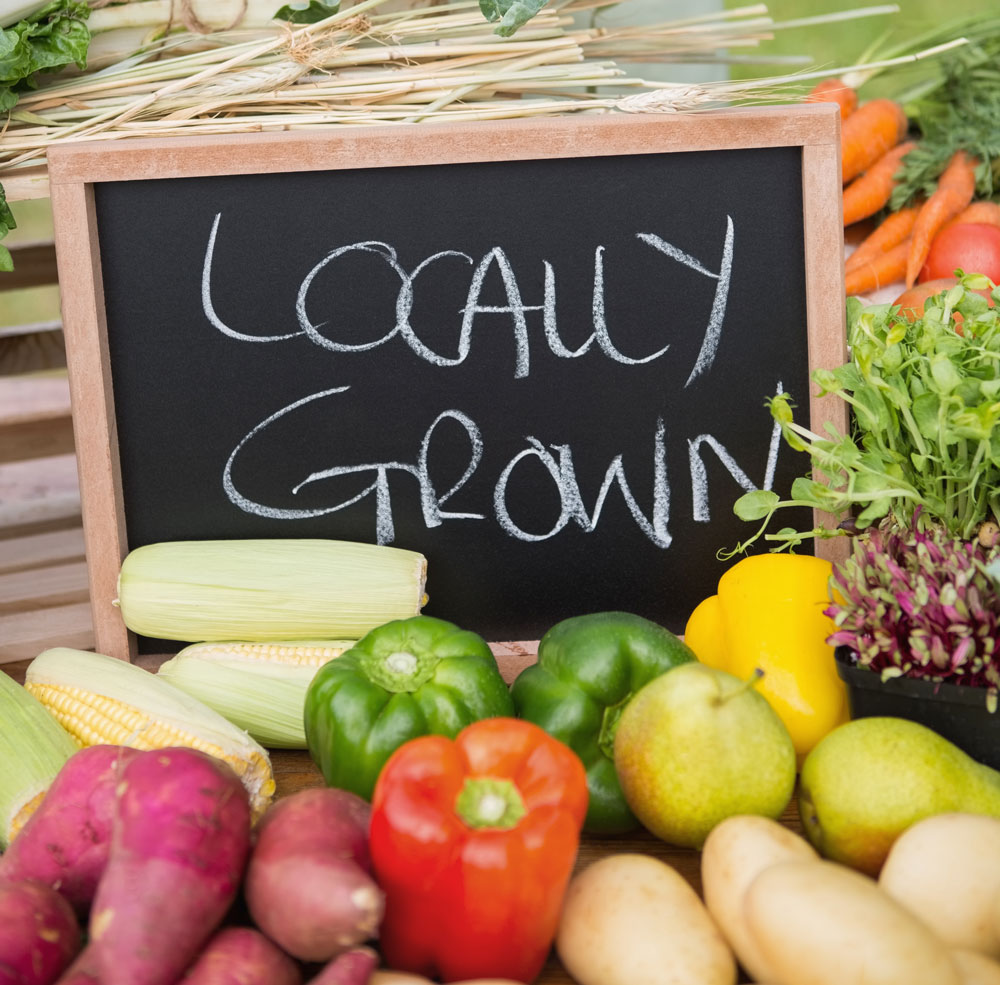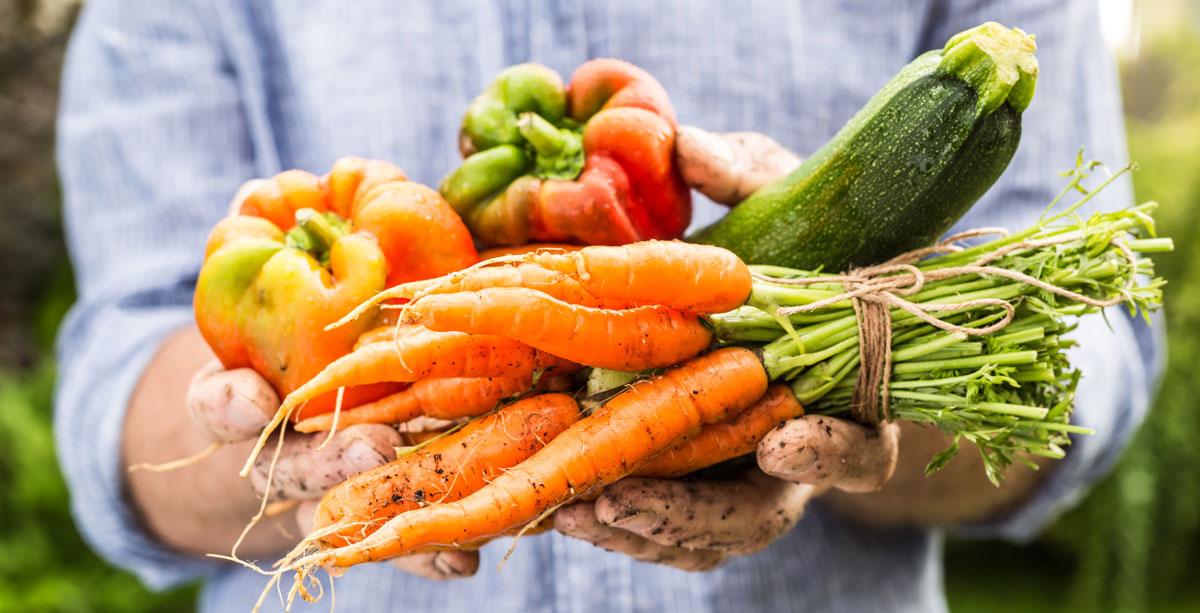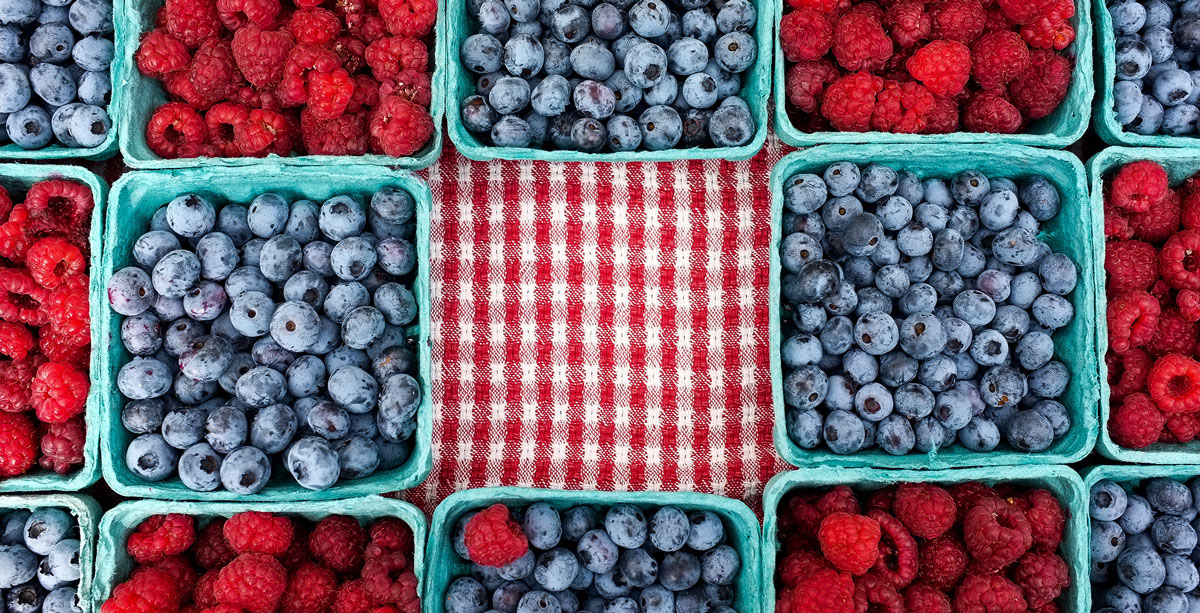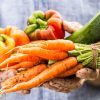Better for your wallet
 Organic produce at the supermarket is more expensive and often is covered in plastic. Local farmer’s markets use organic methods to grow their produce however some farms might not be able to certify their produce as “organic” they may still be spray and pesticide free. You can chat with the farmers directly about their growing and processing practices to ensure you are purchasing chemical free produce. As the produce is picked at its peak ripeness, the nutrition you get gives you more bang for your buck, they farm what is in season which also save money rather than importing produce such as tropical fruit in the middle of winter. Studies show diet rich in plants supports your body’s natural immunity, helping you save on healthcare expenses.
Organic produce at the supermarket is more expensive and often is covered in plastic. Local farmer’s markets use organic methods to grow their produce however some farms might not be able to certify their produce as “organic” they may still be spray and pesticide free. You can chat with the farmers directly about their growing and processing practices to ensure you are purchasing chemical free produce. As the produce is picked at its peak ripeness, the nutrition you get gives you more bang for your buck, they farm what is in season which also save money rather than importing produce such as tropical fruit in the middle of winter. Studies show diet rich in plants supports your body’s natural immunity, helping you save on healthcare expenses.
Better for your health
Fruits and vegetables, you find at the grocery store are picked well before they are ripe and are often several days old by the time they reach the produce aisle. Riper produce provides the best nutrition possible, the majority of the vitamins and minerals in plants are developed in the final stages of ripening. In most markets, produced is picked either on the day or day before and farmers can harvest exactly what’s ready for consumption, without having to factor in travel time.
Better for the community
Local family farms have decreased in numbers over the years as industrial farms produce massive amounts of extremely cheap produce. You can talk with the farm stand workers to learn about how they grow and handle the produce, in many cases as the most farmers operate within a 150km radius of the market you can even visit to see for yourself. Supporting local family farms provides jobs and puts money back into the local economy, by you keeping them in business it gives everyone an alternative to mass-produced foods. The farmer’s market is a great place to gather, meet the locals and create a great sense of community. Most markets even local entertainment and craft classes plus they always have a heap of free tastings.
Better for the environment
Industrial farms are highly efficient by usually growing one type of fruit or vegetable. Single field farming saps the soil of essential nutrients, leaving our food less nutrient dense. Many supermarkets receive their produce from hundreds or thousands of kilometres away using a significant amount of fossil fuels for shipping and refrigeration. Industrial farming is hard on the land and contributes to environmental decay by using giant processing machines and high volumes of chemical fertilizers and pesticides.
Small family farms produce less environmental waste in the form of carbon monoxide, pesticide and fertilizer use. Farmers markets operate locally in the open air and do not require refrigeration, their produce hasn’t been transported far and usually is to ensure only the ripe produce is hand-picked creating less food waste also.
We encourage you to check out your local farmers market! New Earth Living supports the Margaret River Farmers Market each Saturday, we love the sense of community and the produce is so much more delicious than the supermarkets!






